The Orchard
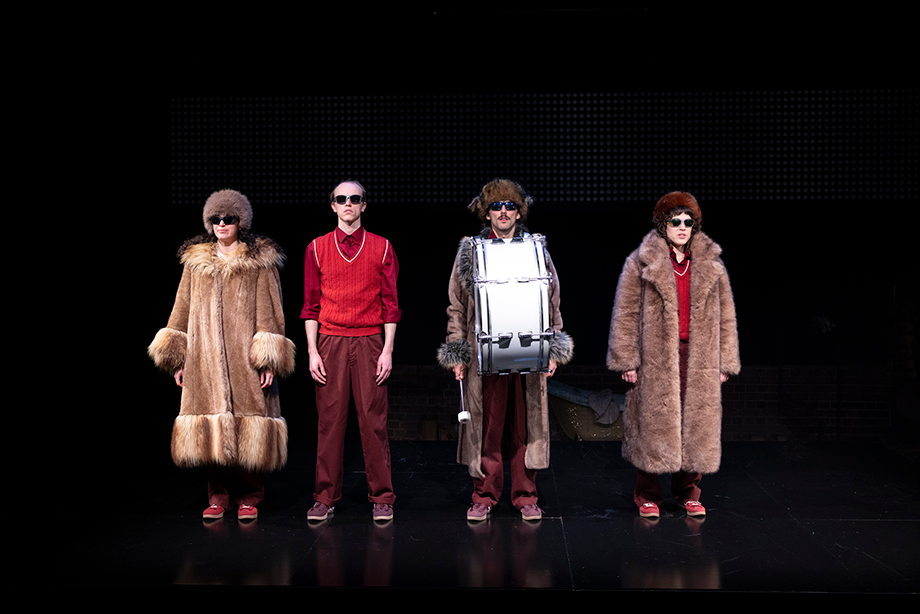
Publicity notes for The Orchard outline the questions that provoked Pony Cam’s loose adaptation of Anton Chekhov’s The Cherry Orchard (1904): ‘You’ve inherited a redundant cherry orchard, a crumbling climate, a failing economy and the final play written by Anton Chekhov. What will you salvage? Will you survive the adaptation?’ As far as this audience member is concerned, the answers to those questions are indisputable: ‘Nothing’ and ‘No’.
The appeal of The Cherry Orchard for an ensemble which delights in exposing the excess and fatuousness of contemporary society (Pony Cam have had considerable success in festivals such as RISING and the Melbourne Fringe) is understandable: twenty-first-century productions of the play have stressed its critiques of both capitalism and environmental destruction, themes that continue to resonate. Hewing at Chekhov’s original play with a range of experimental, post-dramatic theatre techniques – partially improvised dialogue, bold physical theatre, conscripted audience members, and a transitory fourth wall – offers the potential for a reinvigoration of Chekhov’s themes; a new lens through which we might examine the way these themes impact our own times. In The Orchard, that potential is marred by a predominantly superficial reading of Chekhov’s text.
Continue reading for only $10 per month. Subscribe and gain full access to Australian Book Review. Already a subscriber? Sign in. If you need assistance, feel free to contact us.







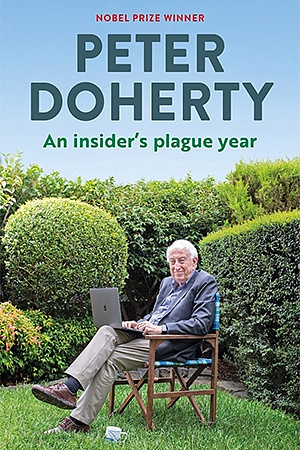
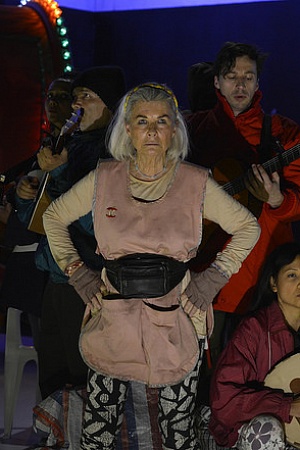
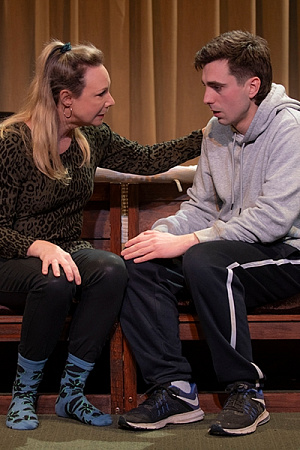
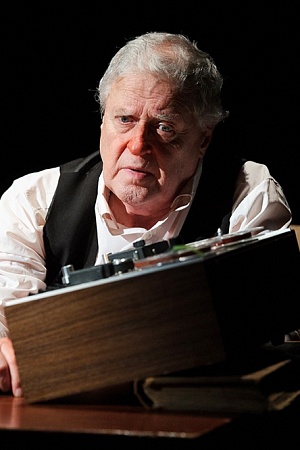
Leave a comment
If you are an ABR subscriber, you will need to sign in to post a comment.
If you have forgotten your sign in details, or if you receive an error message when trying to submit your comment, please email your comment (and the name of the article to which it relates) to ABR Comments. We will review your comment and, subject to approval, we will post it under your name.
Please note that all comments must be approved by ABR and comply with our Terms & Conditions.